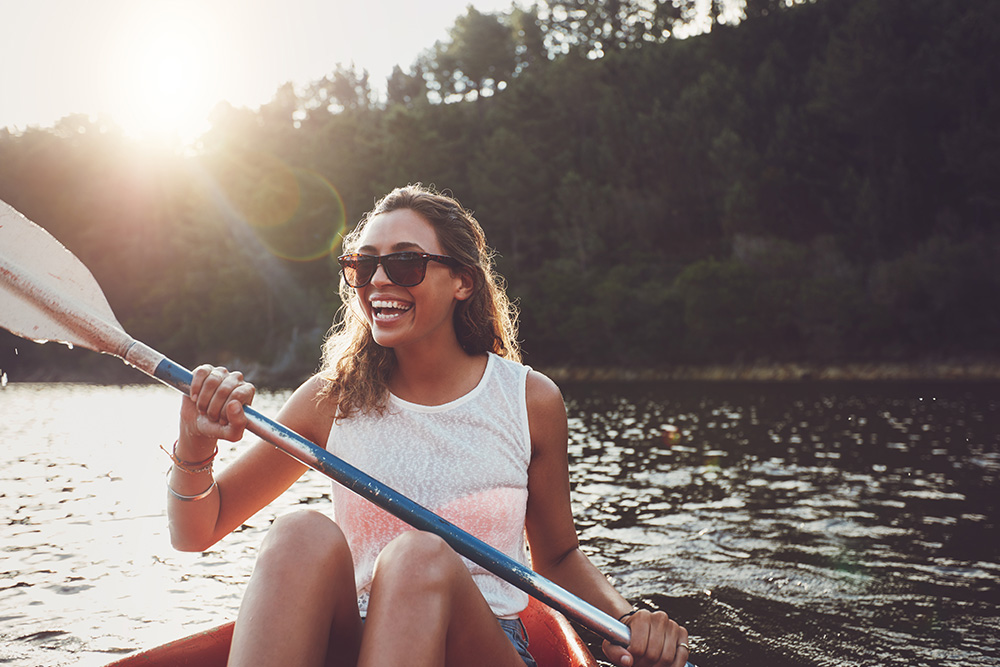What are dental crowns?
Dental crowns are thin caps made from porcelain, metal, or a mixture of both which cover the entire visible part of a tooth.
A crown can be made from several materials. They are:
Porcelain/Ceramic: This option is the most popular and often considered when the affected tooth is visible when you smile. Porcelain restorations can match the colour and texture of the surrounding teeth and blend in seamlessly.
Metal: A metal alloy can be used if you need a crown made of something stronger than porcelain. This type of restoration is sometimes used if the treated tooth is at the back of the mouth.
Mix of porcelain and metal: A mixture of metal and porcelain gives your restoration extra strength while still being aesthetic. Porcelain can be bonded to the metal crown to achieve a more natural look.

Dental crowns can provide a number of benefits to patients. These benefits aid with both the aesthetic and functional nature of the tooth. Increased strength and stability are the major structural advantages provided by crowns. Porcelain crowns also produce aesthetic results by matching the colour, texture and translucency of your existing teeth.
What is the treatment process for dental crowns?
Dental crown treatment is completed over two appointments. During your first visit, your dentist will assess your situation and discuss the treatment with you. You can also ask any questions you may have.
In the next step, your tooth will be prepared for the crown. Your dentist will reduce the front, back and sides of your tooth to make room for the dental crown. Impressions will be taken, and your temporary crown will be placed.
Your dentist will send the impressions off to our dental laboratory where your permanent restoration will be fabricated.
At your second appointment, your dentist will place the crown on top of your prepared tooth and cement it permanently to the tooth.
Some of our practices also offer same-day crowns which only require one dental visit.
Are crowns the right solution for me?
Dental crowns may be the right solution for you if you have heavily worn, fractured, broken, discoloured, restored, or severely decayed teeth. They can also be used to protect a root canal treated tooth. Further, a crown can be placed on a dental implant to replace a missing tooth.
During your appointment, your dentist will assess your situation and determine whether a crown is the right treatment option for you.
How long do crowns last?
The longevity of your crown depends on several factors, such as the material, position of your crown and your oral hygiene habits.
In general, crown restorations can last 10 years or more. You can increase the longevity of your crown by brushing twice daily for at least 2 minutes and flossing daily. Regular dental check-ups and professional cleans also contribute to maintaining your restoration.
Does my private health fund cover the cost for crowns?
Your health fund may cover some of the treatment costs depending on your policy provider and the type of dental extras cover. If major dental work is part of your cover, you may be able to claim a proportion of the treatment cost.
Please ask our friendly receptionists for the treatment item numbers for your dental crown. Your health fund will be able to tell you how much you will be able to claim back.
Dental Crowns at Coastal Dental Care
Our practices offer a range of treatments to restore your teeth. Find your closest practice location or contact us today to get started.






